The Three Types of Books on Writing
How to navigate this ill-defined genre and get the most out of your reading
In an extremely protracted act of procrastinating my own writing, I've managed to read 13 books on the subject over the last year or so, which has me feeling like I've become something of an expert on the genre. I've come to the conclusion that there are three types of books on writing.
Biographical
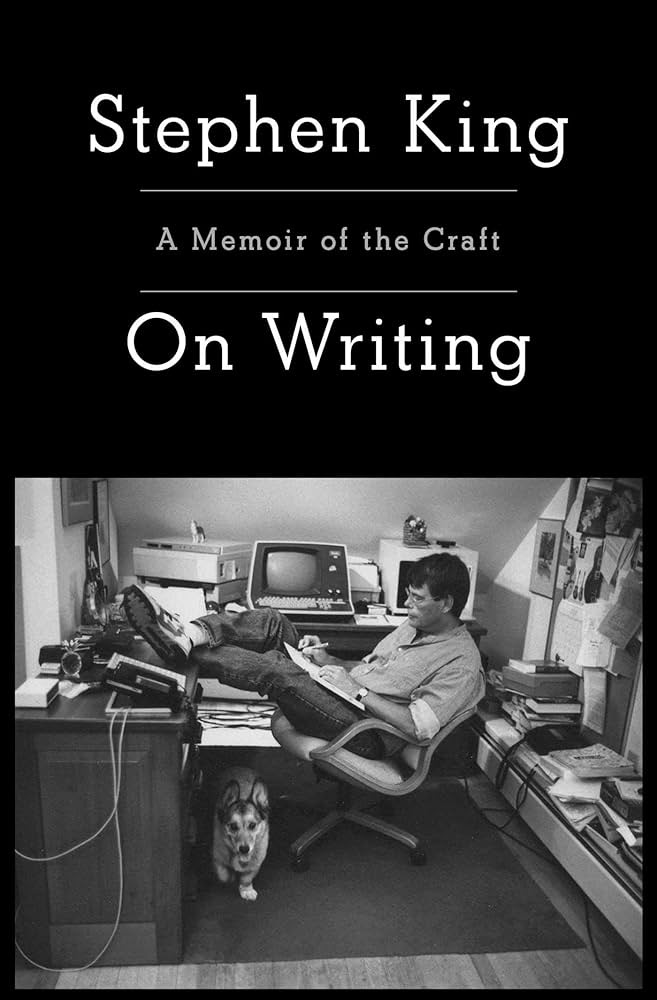
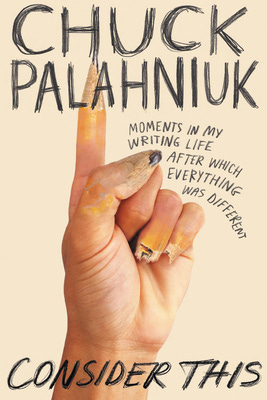
These are books like the classic On Writing by Stephen King, and Consider This by Chuck Palahniuk.
These books tell the story of the author and how they got to where they are. You'll learn some useful writing tips, for sure, but it's mostly an opportunity for the author to tell you about themselves - to weave the narrative of their lives. You’ll read about the highs and the lows of their journey through the literary world. Don't expect to walk away with a lot of actionable takeaways - this is more entertainment than education. If you want to hear about your favorite author and get a glimpse of their thoughts, unfiltered, and the experiences that shaped them, this is the category for you.
How to read these: In one go, when you want writing career inspiration.
Tangential
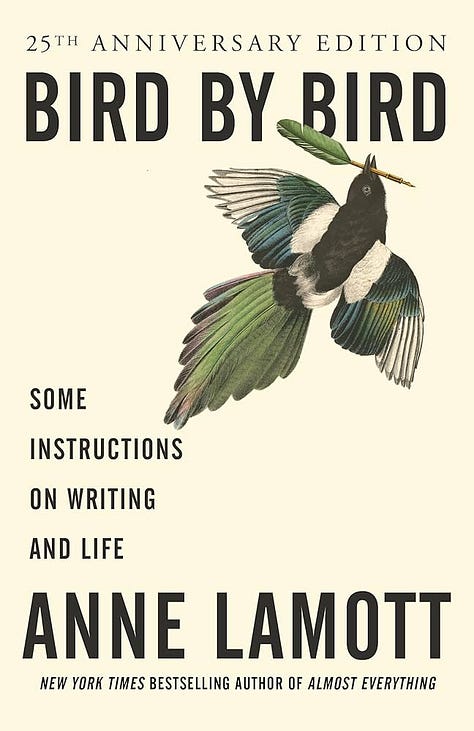
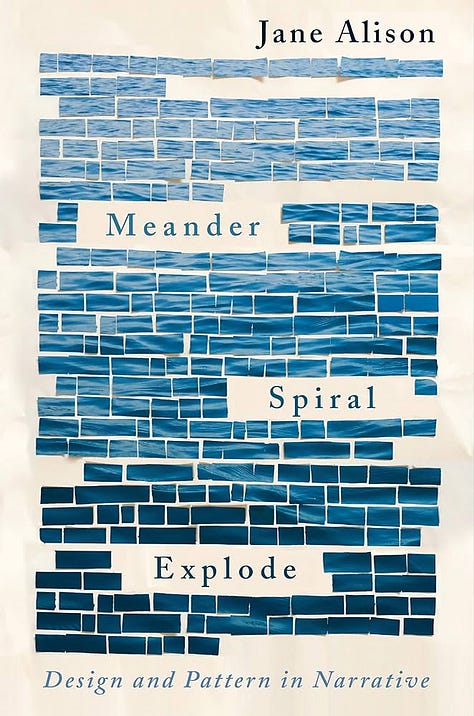
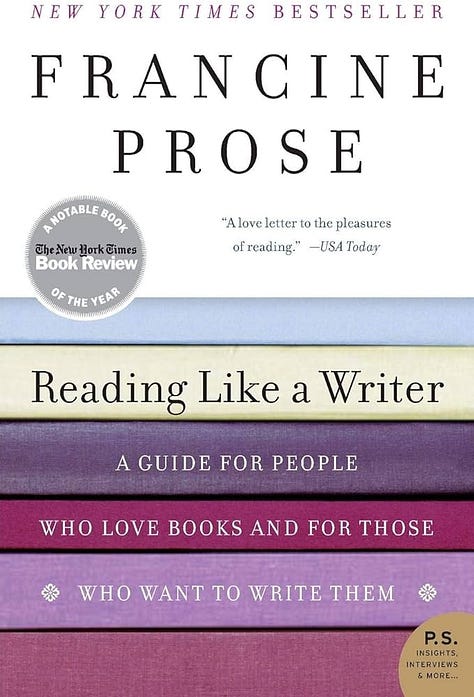
This category is best defined by books like: Bird by Bird by Anne Lamott; Meander, Spiral, Explode by Jane Alison; Zen in The Art of Writing by Ray Bradbury; and Reading Like a Writer by Francine Prose. Of the three categories in my taxonomy, this is, by far, my least favorite.
These books tend to be scattered, broad in scope and lead you on a journey. They are at best inspiring and entertaining, and at worst a long slog through someone's stream of consciousness that will make you feel like you're drowning one page at a time. The authors want to show you how beautiful writing can be and to take you on a tour of all there is to see in the literary world. They want to express philosophy and share their appreciation for the written word. As is the case for all three of these categories, this can be a wonderful experience if it's what you are prepared for.
However, these books felt to me a bit like taking a tour of a museum with a guide that took an edible about an hour prior. They were fun experiences, and I could feel the enthusiasm radiating off of the page, but I rarely had much of a sense of where I was and where I was going. Again, don't expect to walk away with much to apply to your own writing. You are just here for the ride when it comes to books in this category.
How to read these: In a porch swing on a sunny summer afternoon between naps.
Practical
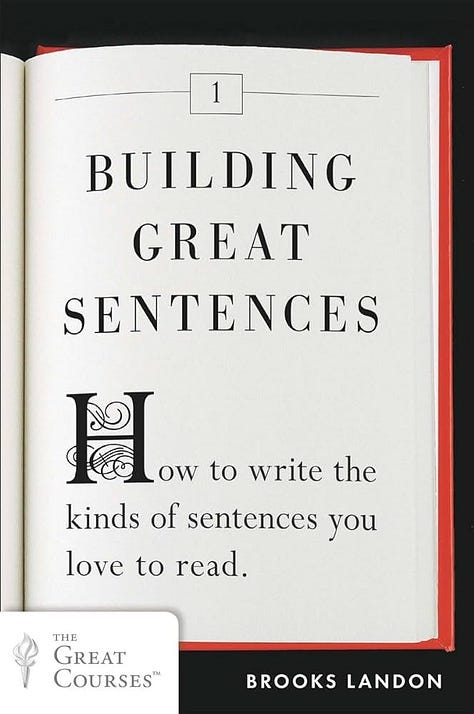
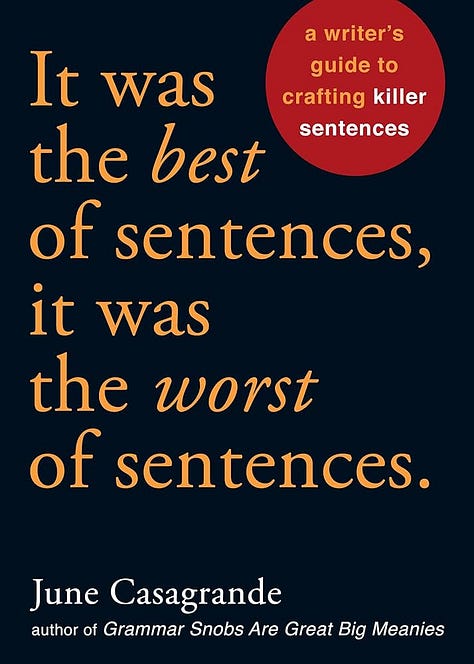
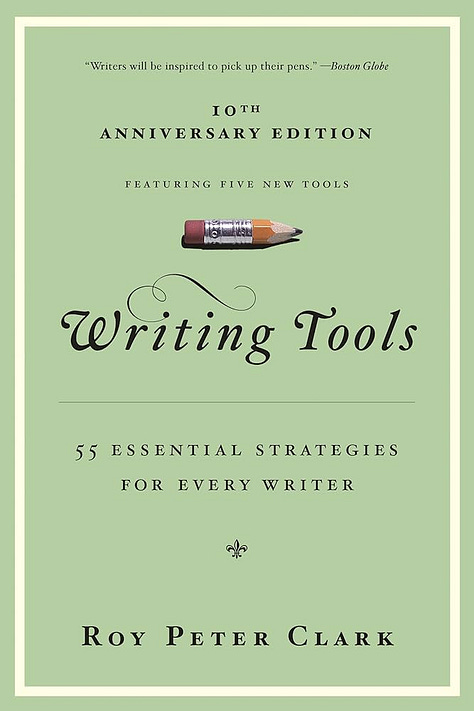
The best I have read in this category, by far, are Building Great Sentences by Brooks Landon; It Was the Best of Sentences, It Was the Worst of Sentences by June Casagrande; and Writing Tools by Roy Peter Clark.
This is the category of writing book that has captured my mind the most over the last year or so. I'm inclined to tinkering and exploring the mechanics of things, in general, so it makes sense that this category would resonate with me. It’s also the category of writing book that left me with the most to think about.
These writing books are about structure, form, style, and the dynamics of the reader's experience as driven by these features of the written language. If you've spent a lot of time, like me, just generating your writing off the cuff and not putting a lot of thought into word placement, sentence structure, and so forth, these books may blow your mind and transform the way you think about the craft. They did for me. They include both the high level principles that you will find scattered about in books in the previous categories, but will also get down into the granular details of word choice and sentence structure.
Reading these books, you can expect to learn where to place your most prominent idea within a sentence; how to keep readers engaged by varying sentence length and structuring them to be cumulative; the impact-sapping power of the gerund; the strategic use of passive versus active verbs; and using punctuation as a way to control the momentum of reading. Even if you have no intention to write, the above books will still greatly enhance your appreciation of the art form, showing you how tightly the written word can orchestrate human cognition.
How to read these: With a highlighter in hand. Go back and re-read them. Absorb everything you can and practice applying the insights to your own writing.
Final Thoughts
I can confidently say that each of these categories of writing book has an audience. The first two are admittedly not my favorite, but as long as you know what you're getting into, there is a place and time for each. If you are looking for inspiration to inform your journey or career in writing, pick up a Biographical book. If you want to soak in the joy of the art form from the perspective of a knowledgable practitioner, choose a Tangential. And if, like me, you want to pop the hood and start learning about all of those strange looking things that make everything work, open up a Practical book.


